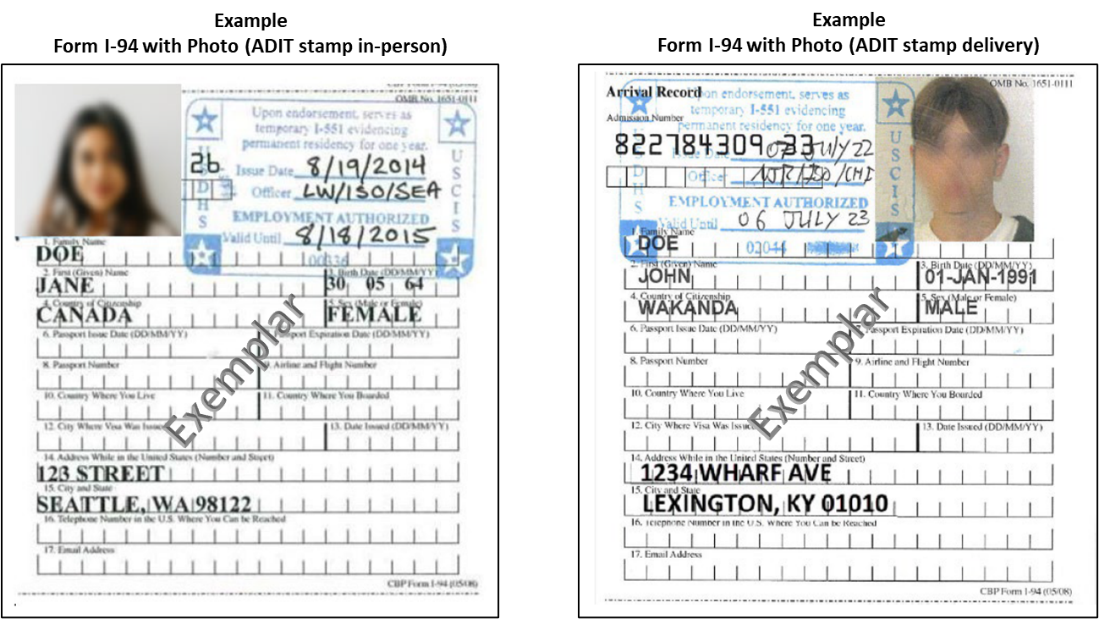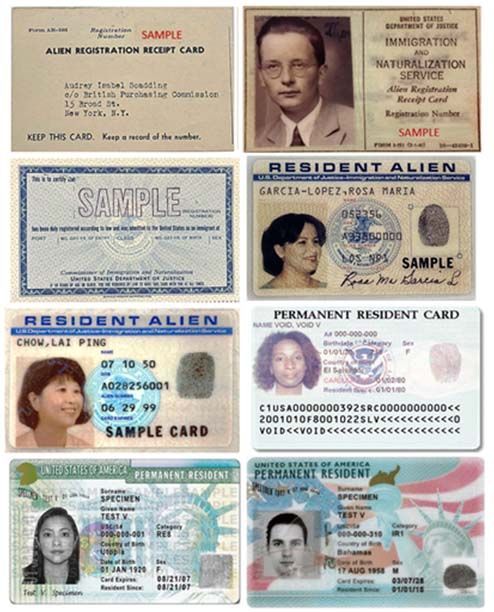Filing N-400 while the I-751 is pending

The I-751 is a slow process at USCIS. It is so slow, that many consider the N-400 Naturalizing while the I-751 Removal of Conditions is pending. Is this even possible? The post will dive deeper.
What are the Eligibility Requirements for N-400 Naturalization?
USCIS requires the following items in order to be eligible for Naturalization:
- Be a Lawful Permanent Resident for:
- 3 Years, if based on marriage or VAWA
- 5 Years, if based on a general, non-marriage basis
- 0 to 3 years, if a dependant, the government worker Spouse is moving abroad for more than one year, and the Green Card Holder is accompanying (More info here: /immigration/ine-319b-naturalization-option-spouses-of-u-s-citizens-employed-or-stationed-abroad/ )
- Military Basis (More info here: /immigration/military-naturalization-a-fast-track-but-not-expedited/ );
- Live in a Jurisdiction for at least 3 months;
- Be a Good, Moral Person with no bad crimes within the past 5 years; and
- Have physically resided in the United States for most of the LPR.
What if I become Eligible to Naturalize while my I-751 is Pending?
You may be able to apply for Naturalization, even though the I-751 is Pending. However, not every I-751 permits an N-400 Filing.
Example 1: For a (3-year) Marriage-based N-400, if your I-751 is a Marriage-based Joint filing, the USCIS Officer would conduct both I-751 and N-400 Marriage Interviews at the same time.
Example 2: If you are doing a (5-year) General-based N-400 and your I-751 is a Divorce-based filing, the USCIS Officer would confirm I-751 Eligibility and still conduct the N-400 Interview.
Example 3: If you are doing a (3-year) VAWA-based N-400 and your I-751 is an Abuse-based filing, the N-400 could not occur until AFTER the I-751 is Approved.
If you have any questions about Naturalizing while an I-751 Filing is Pending, you should speak with an Immigration Attorney. You may contact our office to set up an Immigration Consultation.
Related Blog Posts:
Disclaimer: This Blog is made available by the lawyer or law firm publisher for educational purposes only as well as to give you general information and a general understanding of the law, not to provide specific legal advice. By using this blog site you understand that there is no attorney-client relationship between you and the Blog/Web Site publisher. The Blog should not be used as a substitute for competent legal advice from a licensed professional attorney in your state.
The post Filing N-400 while the I-751 is pending appeared first on Fickey Martinez Law Firm.












